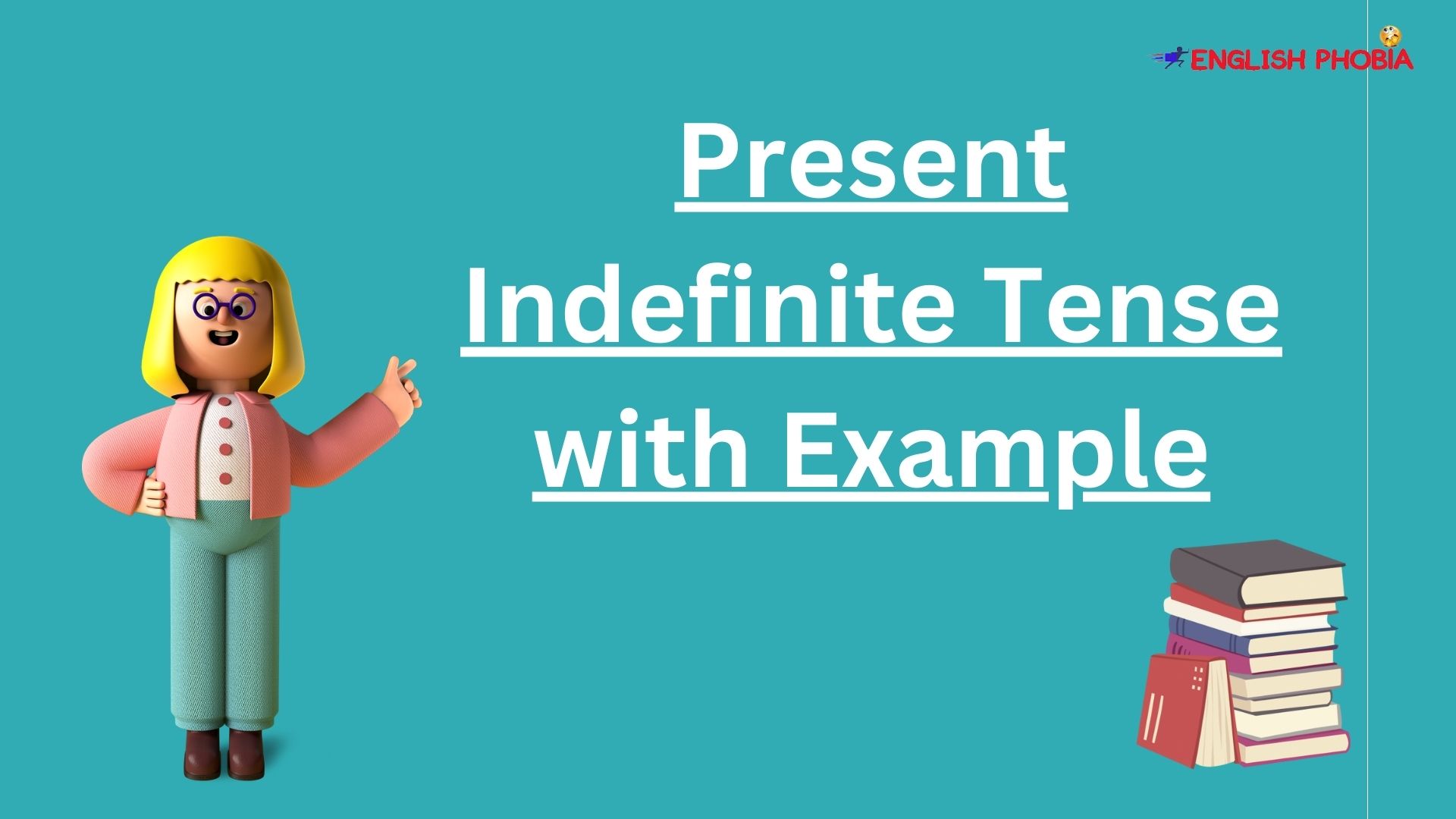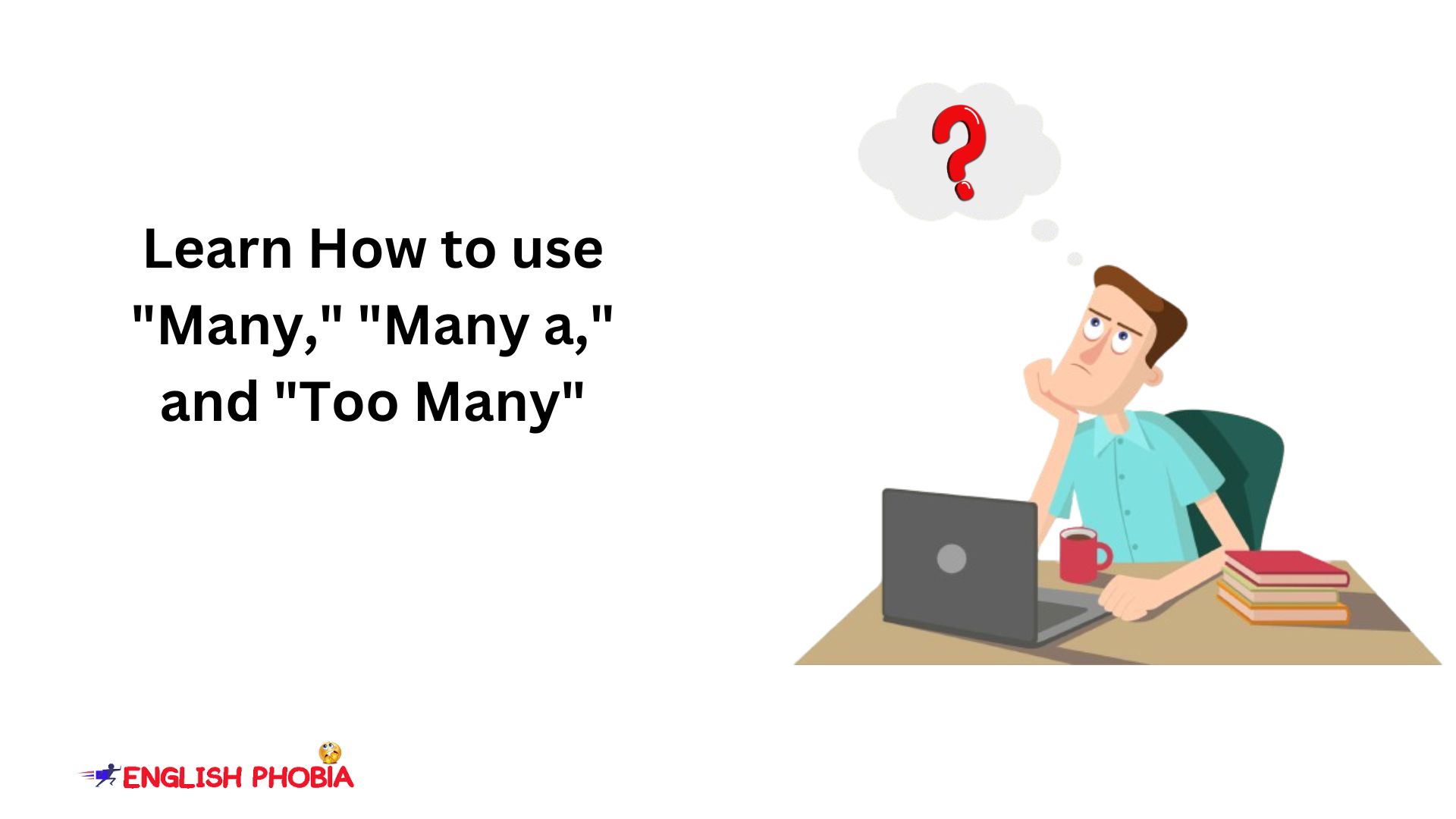There are three parts of time which we separate into three parts and name them Tenses. They keep highly significance in the linguistic world; their presence and grammatically correct usages are really very important to have a good command over any language whether it is English or any other language in the world. Let’s learn free grammar lesson about tense and rules.
What is a tense?
The tense can be shown as a form of a verb and shows the time and the state of an action or event.
There are usually three types of tenses in English.
1. The Present Tense
2. The Past Tense
3. The Future Tense
In this article, you are going to learn about these tenses and how to make various sentences on different rules based on these three types.
Each of them has four distinct parts.
1. Indefinite Tense
2. Continuous Tense
3. Perfect Tense
4. Perfect Continuous tense
First of all, we are going to learn the present tense at the beginning. Here are the rules about the present tense and the formation of sentences.
The present Indefinite Tense
Usage: the present indefinite tense is used to denote Custom, Habit, Practice Repeated Actions, Permanent Activity General Truth, etc.
This is one of the most indispensable tenses and types in English because it has many more usages and multiple rules. This type is rather useful and important than it seems hard. It clearly proves that good things take time.
Some Adverbs of frequencies are also used in the present indefinite tense largely. These adverbs are mentioned here
respectively.
(Seldom, sometimes, weekly, annually, every day, often, usually, occasionally, normally, always, frequently, daily, and rarely)
(Formation)
|
Sentence |
Singular | Plural |
|
Affirmative |
SUB + V1+S / ES + OBJECT |
SUB + V1 + OBJECT |
|
Negative |
SUB + DOES NOT + V1 + OBJECT |
SUB + DO NOT + V1 + OBJECT |
|
Interrogative |
WHY + DOES + SUB + V1 + OBJECT + ? |
WHY + DO + SUB + V1 + OBJECT + ? |
|
Negative Interrogative |
WHY + DOES + SUB + NOT + V1 + OBJECT + ? WHY + DOESN’T + SUB + NOT + V1 + OBJECT + ? |
WHY + DO NOT + SUB + NOT + V1 + OBJECT + ? WHY + DON’T + SUB + NOT + V1 + OBJECT + ?
|
Universal truths: This use of present indefinite tense covers the general truths that is universally followed.
Examples
1. The Sun rises from the East and sets in the West.
2. The Stars twinkle at night.
3. Two and two make four.
4. It takes two to make a quarrel.
5. When we boil water, it evaporates.
Habitual Actions: The present indefinite tense has a use wherein we indicate the habits of a person or the general occurrence of any activity.
Examples
1. Mr. Vinod always likes to help others.
2. The students usually play many games in the absence of the teacher.
3. Neha eats water balls a lot.
4. We often go to the gym at 8 pm.
5. He walks in sleep, he is a somnambulist. (a person who walks while sleeping)
Regular activities: there are many scheduled actions that a person does every day. We should use this to demonstrate these actions in the present indefinite tense only.
Examples
1. He wakes up at 7 am and goes to bed at 10 pm regularly.
2. My office time is 10 am but I often reach there around 10:20 am.
3. I write articles on a regular basis.
4. People use social media a lot.
5. We buy fruits and vegetables from the market.
Irregular actions: There are some actions that we don’t act out regularly but we must do them weekly or
monthly. We use these irregular actions in the present indefinite tense only.
Examples
1. I usually meet my friends on Sundays.
2. He goes for a haircut once a month.
3. Rahul goes to meet her girlfriend at the end of the month.
4. We pay GST quarterly.
5. They rarely go to the bank for cash withdrawals or cheque submissions.
Hobbies: the best part of a person’s life is his hobbies. You can recognize the nature of a person through his habits or hobbies.
Examples
1. Rakesh makes the best out of waste things with his creativity.
2. Sonu likes to learn more about cyber security.
3. Priyanka makes reels on Instagram.
4. Kundan wastes his time finding
out the shortcuts to become rich overnight.
5. Neha sleeps a lot and listens to music.
6. They like learning English with the help of an English blog.
Additional usages of present indefinite tense
Historical present: we show the actions that took place a long ago in this use.
Examples
1. Now Arjun shoots arrows at Bhishma.
2. Now Netaji enters and addresses the Indian soldiers.
I Future engagement: Here we use the fixed future actions that will take place, come what may.
Examples
1. Ramu weds Sonali on 25th August 2025 in New York.
2. The final result of the NEET exam is announced tomorrow.












👍